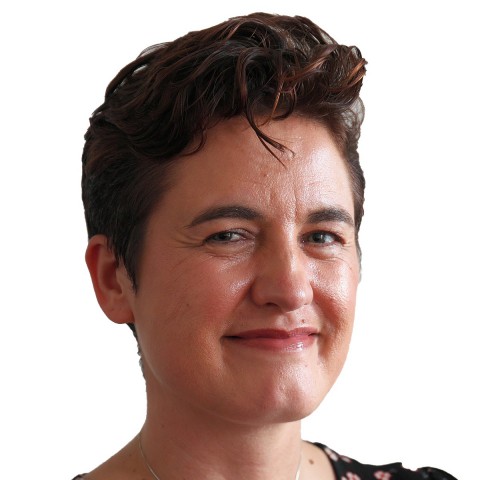2:2honours degree
Applicants will normally:
- Hold or be expected to gain a minimum of a 2:2 honours degree
- Have GCSE grade C/grade 4 in English, Mathematics and Science
Apply for Teacher Training through the Department for Education’s Apply service.
Safeguarding / Suitability
All successful candidates who receive an offer of a place for this course and choose the University of Chester as their Firm choice will be required to undergo checks with regards to their suitability to practice.
A couple of months prior to admission to this course, the University will contact you to request that you complete a self-declaration form detailing any relevant convictions or other information that you believe may have an impact upon your ability to undertake work with children or vulnerable adults. You will also receive instructions on how to complete an online application for a Disclosure and Barring Service (DBS) check through the University as a registered body, there will be a charge for this.
Please note that the University does not accept previous DBS checks from other registered bodies or the update service.
For details about the cost of the DBS and for further information please visit our DBS web pages.
2:2honours degree
Applicants will normally:
- Hold or be expected to gain a minimum of a 2:2 honours degree
- Have GCSE grade C/grade 4 in English, Mathematics and Science
Apply for Teacher Training through the Department of Education’s Apply service.
Safeguarding / Suitability
All successful candidates who receive an offer of a place for this course and choose the University of Chester as their Firm choice will be required to undergo checks with regards to their suitability to practice.
A couple of months prior to admission to this course, the University will contact you to request that you complete a self-declaration form detailing any relevant convictions or other information that you believe may have an impact upon your ability to undertake work with children or vulnerable adults. You will also receive instructions on how to complete an online application for a Disclosure and Barring Service (DBS) check through the University as a registered body, there will be a charge for this.
Please note that the University does not accept previous DBS checks from other registered bodies or the update service.
For details about the cost of the DBS and for further information please visit our DBS web pages.
English Language Requirements
Please note, applicants whose first language is not English must demonstrate they can meet one of the following English language criteria for this programme at the point of application:
- IELTS 7.0 overall (with no less than 5.5 in each band)
- UK degree with a 2:2 or above (studied and completed in the UK)
.jpeg)










